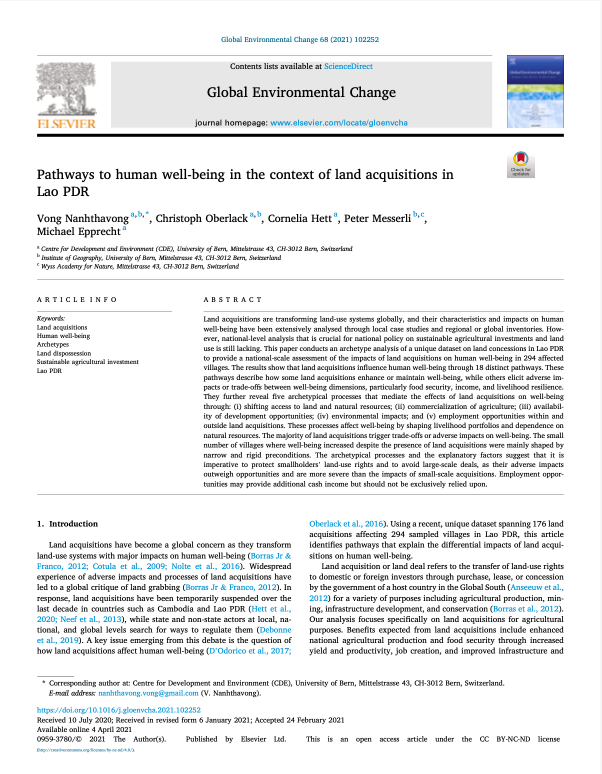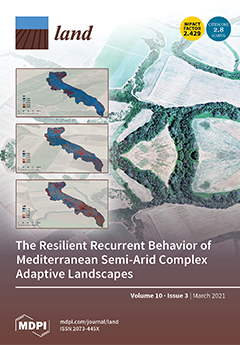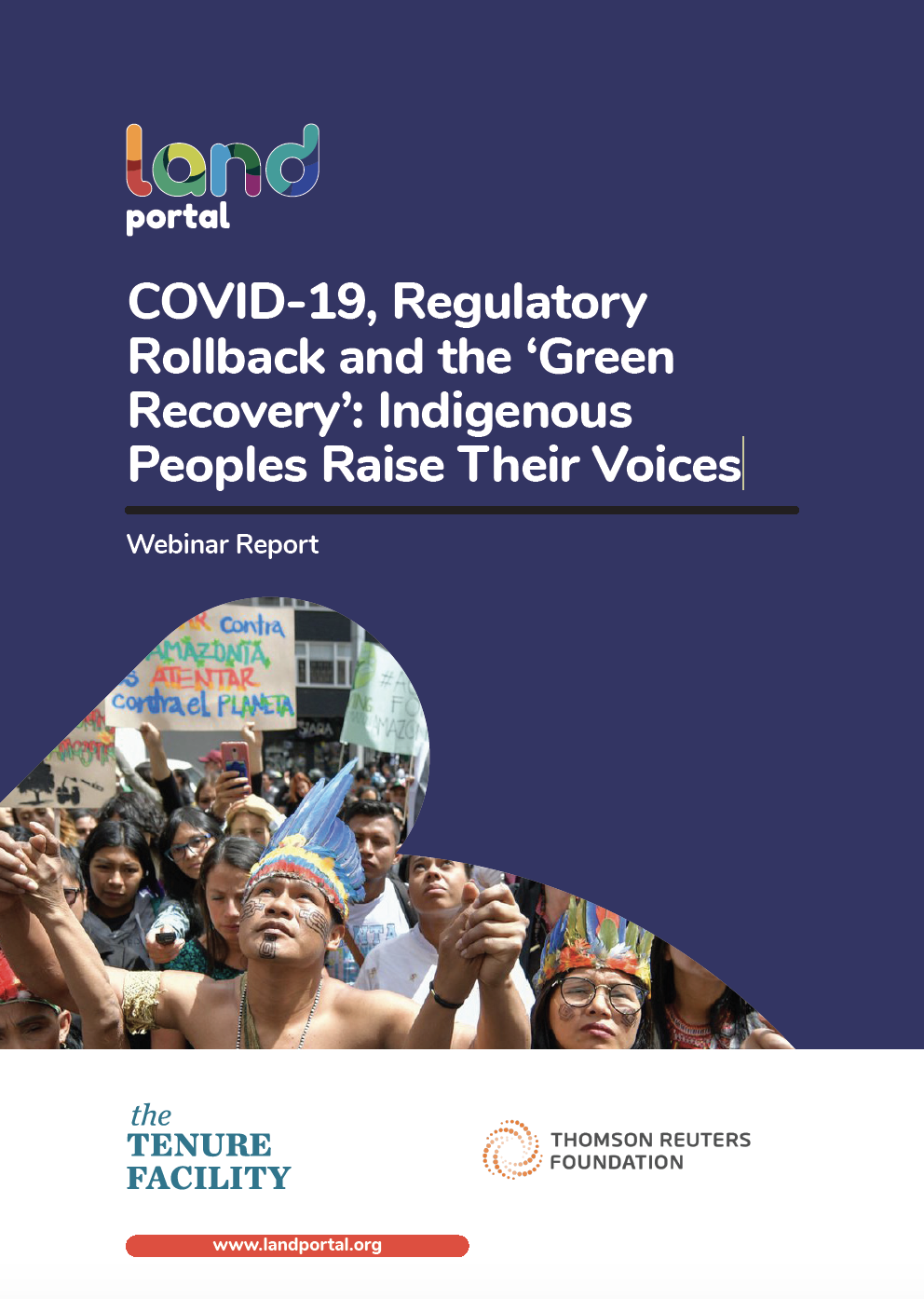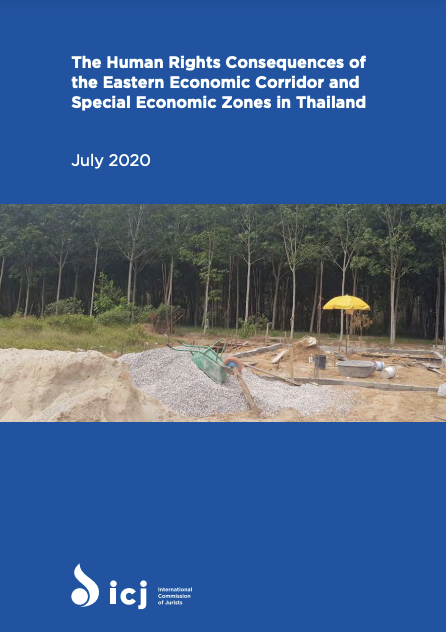Right to Relief: Indebted land communities speak out
Cambodia's microfinance over-indebtedness crisis is leading to human rights abuses. In 2020, the average microloan in Cambodia was $4,280 – the largest in the world. The average microloan was larger than 95% of Cambodians' incomes. There were 2.8 million microloans held across the country's 3.6 million households.










